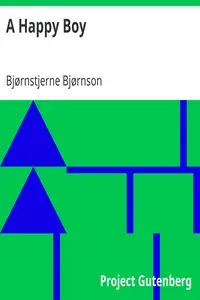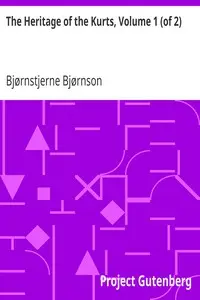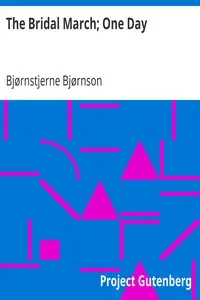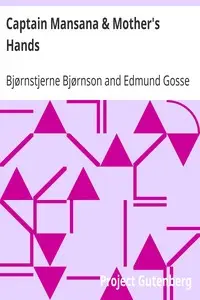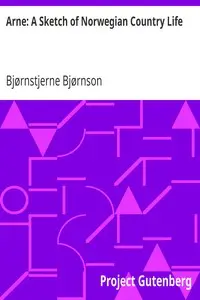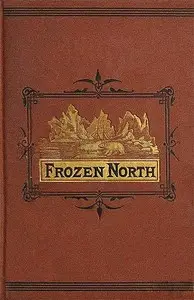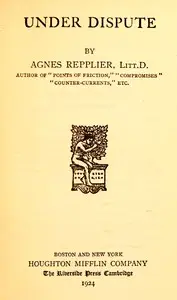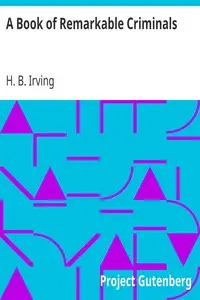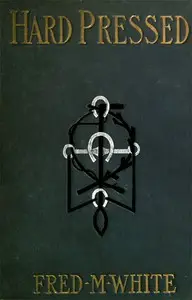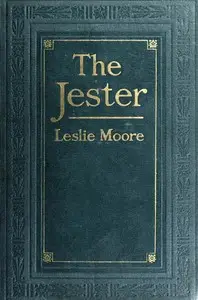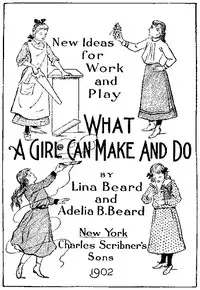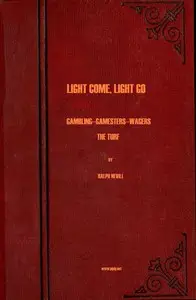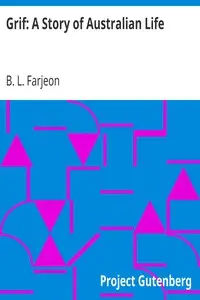"Mary" by Bjørnstjerne Bjørnson is a novel written in the late 19th century. The book centers around the Krog family, particularly focusing on Anders Krog and his unexpected romantic involvement with his cousin, Marit Krog. The narrative explores themes of love, familial ties, and personal identity, as well as the transitions within the Krog lineage against the backdrop of Norwegian culture and the natural landscape. The opening of the novel introduces Krogskogen, the Krog family's homestead located on the picturesque coast of southern Norway. It paints a vivid picture of the environment and details the rich history of the Krog family, emphasizing their Dutch ancestry and the intertwining lineage. Characters like Anders Krog emerge, depicted as a polite and introverted man deeply connected to his roots, while Marit Krog, who arrives from Michigan, provides a fresh dynamic into his life. Their initial interactions hint at a developing relationship, which serves as a foundation for the unfolding story that interweaves themes of heritage, the burden of expectations, and the quest for personal happiness. (This is an automatically generated summary.)
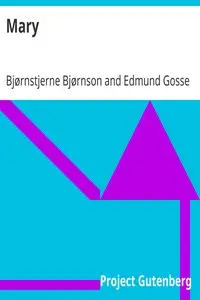
Mary
By Bjørnstjerne Bjørnson
"Mary" by Bjørnstjerne Bjørnson is a novel written in the late 19th century. The book centers around the Krog family, particularly focusing on Anders ...
Bjørnstjerne Martinius Bjørnson was a Norwegian writer who received the 1903 Nobel Prize in Literature "as a tribute to his noble, magnificent and versatile poetry, which has always been distinguished by both the freshness of its inspiration and the rare purity of its spirit". The first Norwegian Nobel laureate, he was a prolific polemicist and extremely influential in Norwegian public life and Scandinavian cultural debate. Bjørnson is considered to be one of the four great Norwegian writers, alongside Ibsen, Lie, and Kielland. He is also celebrated for his lyrics to the Norwegian national anthem, "Ja, vi elsker dette landet". The composer Fredrikke Waaler based a composition for voice and piano on a text by Bjørnson, as did Anna Teichmüller.

